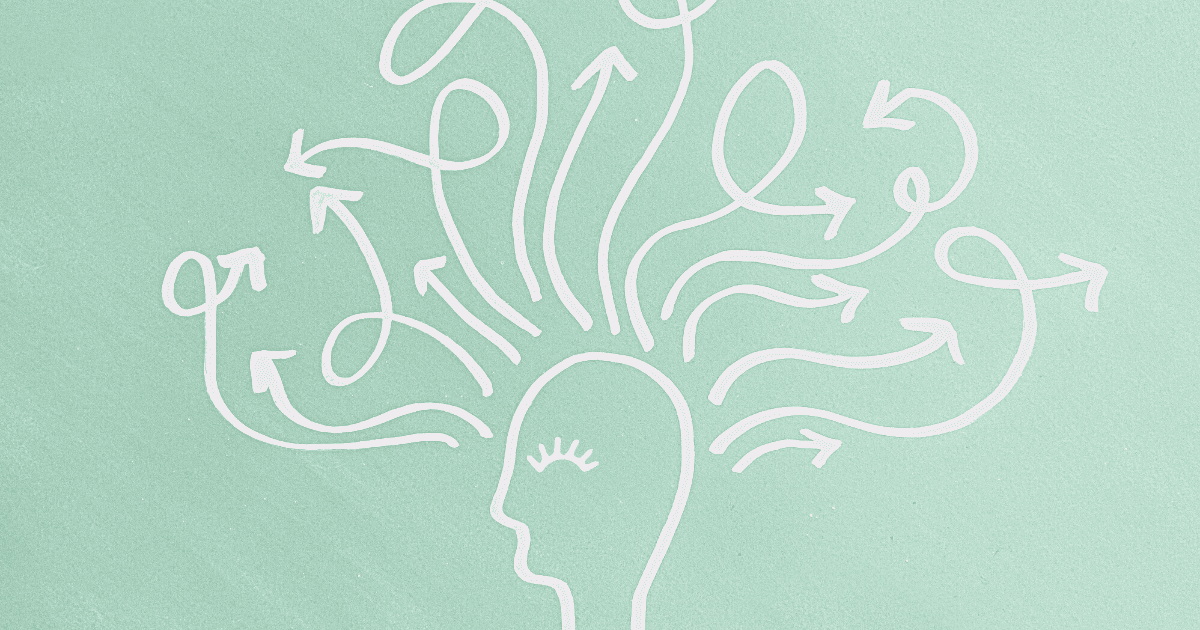
15 June 2025
8 min.
Competence
15 February 2022
6 min.

Does ADHD sound familiar? Whereas a few years ago, ADHD was essentially perceived by many as a problem of unruly children, we now have a much better understanding of what it is.
Attention Deficit Hyperactivity Disorder, commonly known as ADHD, is a neurodevelopmental disorder that primarily affects the executive functions of the brain, that is, the set of processes used to perform a task. Many adults have ADHD, and not everybody’s ADHD manifests itself in the same way.
If your colleague is impulsive in their reactions, has difficulty planning their work despite their efforts to do so, or has a tendency to experience their emotions in a strong or even disturbing way, it is quite possible that this person has ADHD.
And yet, chances are that your colleague has a lot to contribute to your team, with their enthusiasm, creativity, dynamism, and ability to come up with new ideas. So how do you make it work for everyone?
The angle to choose is collaboration. Collaboration is, without a doubt, one of the key skills in successful teams. It allows the work to progress in a context where each party feels considered and better able to give their best.
And like all skills, collaboration can be developed by building on each other’s strengths to meet the real needs of the different members of the team, in all their particularities.
When our colleague has ADHD, it is all the more important to lay the foundations of this collaboration in order to avoid the frustrations that could arise and to give ourselves the means to take full advantage of our colleague’s (undoubtedly numerous) talents!
When it comes to ADHD, it is important to remember that the difficulties encountered are not the product of ill will or laziness. They are real challenges that the person is experiencing, and while it is fair to communicate our expectations clearly, we must do so with empathy and kindness.
Why be kind to our colleagues? Simply put, to promote a sense of safety within the team, which then allows team members to be the best version of themselves.
Another way of looking at it is this: we create a virtuous circle where collaboration reinforces kindness, and kindness allows everyone to be their best and thus collaborate better!
We explained earlier that ADHD affects the executive functions of the brain. But what does this mean in everyday life? Let’s take a moment to give you a quick overview.
It is essentially a filter: it is what allows us to manage our impulses, to think before we act and speak, to control our movements, and to ignore distractions.
This is what allows us to organize our activities according to the right steps to follow, by managing our time properly and selecting the most appropriate choices according to the circumstances.
Like an ignition button, task initiation is what allows us to get started and persevere with the task. In other words, to do what we need to do when we need to do it.
It is the ability to remember information or instructions for the time required to understand them or to perform the task for which we need them. Have you ever walked into a room and not remembered what brought you there or opened a search window in a browser and not been able to remember what you were looking for?
This is what allows us to evolve our ways of doing things fluidly, based on feedback or obstacles encountered, to adapt to changes and new developments, and to understand how concepts or skills learned in one context can also be applied in another.
It is our ability to identify our emotions and to manage them appropriately according to the situation we are facing and the context in which we find ourselves (the emotional reactions considered “appropriate” are not the same depending on whether we are at work or with our family).
What if we gave you some tips on how to not only work better with your colleague with ADHD, but also (that right!) with each member of your team?
Everyone’s focus level tends to fluctuate during the course of a workday, and that’s normal! Encouraging the person with ADHD to identify the times that are most conducive to focus and to perform the most demanding tasks at those times will help them to make better progress in their work.
When we have to share the results of our work with our team on a regular basis, we naturally create steps that allow us to organize our work accordingly. Encouraging the sharing of results allows the person with ADHD to gather feedback from their colleagues, but also to better anticipate the work to come.
Being able to take on challenges in a professional setting can be a powerful source of motivation, especially if these challenges are also accompanied by recognition for the work accomplished. Recognizing someone for who they are, for their expertise, and for their skills is nothing short of a basic need. This is true for a person with ADHD, but also for everyone else!
” Words vanish, writings remain.” After a meeting, sharing what was discussed in writing makes it easier to retain the basics of the discussion and also facilitates follow-ups.
Although constant, change is a stressor and can be destabilizing for everyone. By ensuring that transitions are well prepared, we can better empower all team members and minimize the negative impacts that uncertainty can cause.
One of the first steps in defusing strong emotional reactions is to name the emotions that are present, without judgment. By listening in this way, we allow the other person to see things more clearly and it becomes possible to move forward.
The key to working better with our colleagues, whether they have ADHD or not, is often to activate the skills that benefit everyone in the end. Chances are, you already have many of these skills, and they just need to be applied in the right place.
And if you’re missing some, we can help you develop them. So what do you say?
Blog